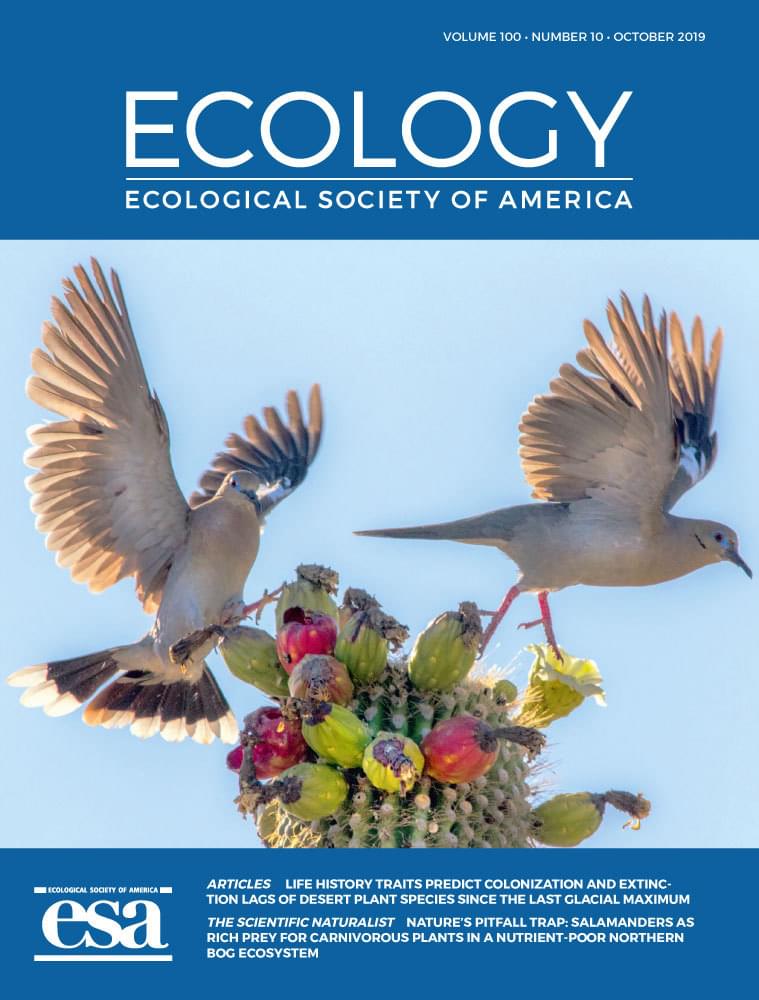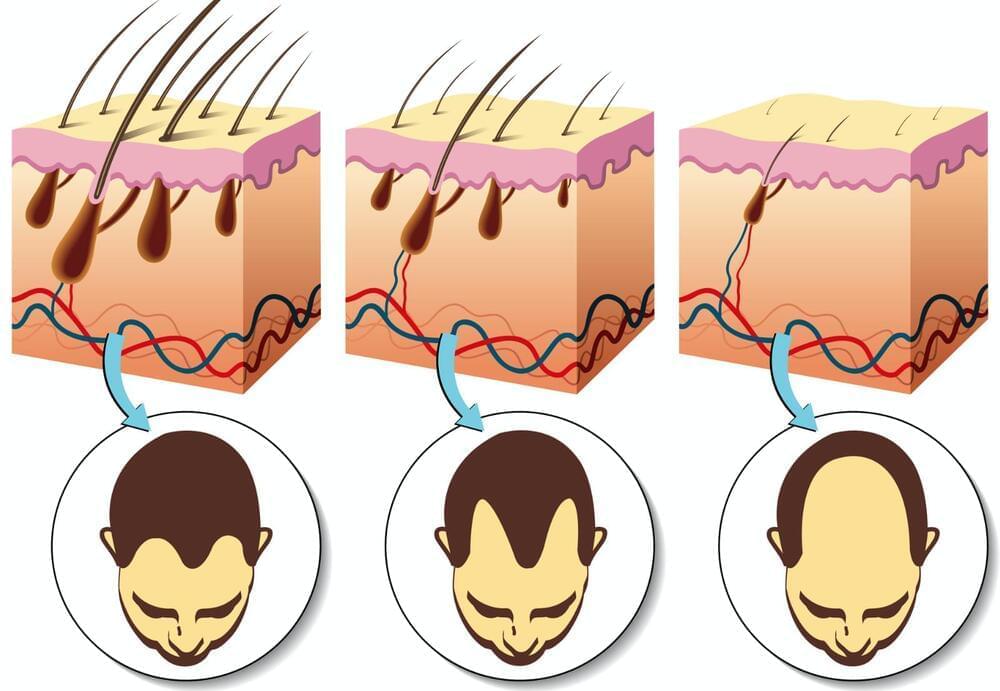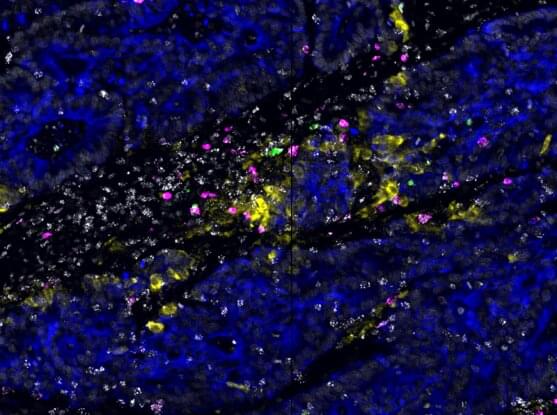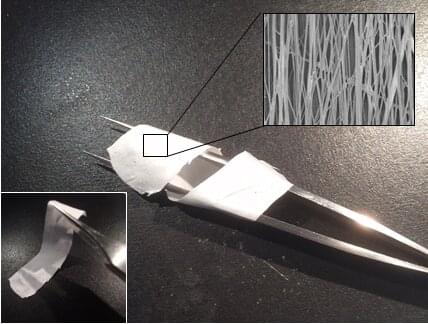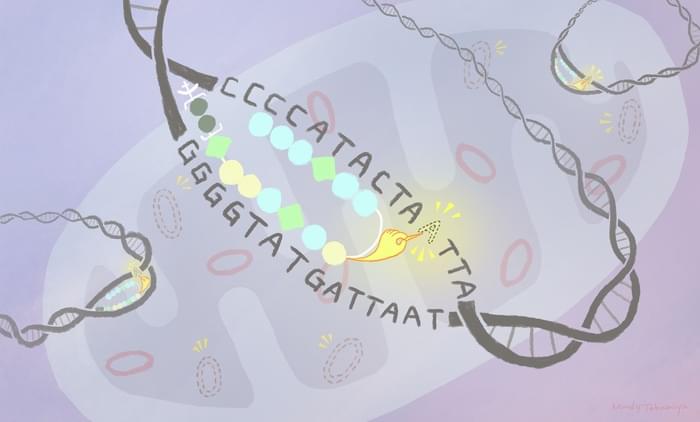Nature’s pitfall trap: salamanders as rich prey for carnivorous plants in a nutrient-poor northern bog ecosystem.
Botanical carnivory is an evolutionary marvel of the plant kingdom that has long fascinated general onlookers and naturalists alike. Darwin even dedicated serious study to these “most wonderful plants in the world” (Darwin 1,875 Ellison and Gotelli 2009). Carnivory in plants has evolved multiple times across the world, often in wet, open, and nutrient-poor environments, as an alternative pathway of nutrient acquisition (Butler et al. 2005). Among carnivorous plants, the pitcher plants (family Sarraceniaceae), and specifically the northern pitcher plant (Sarracenia purpurea purpurea L.), intrigued early natural historians (e.g., Macbride 1,815 Riley 1,874 James 1883). Sarracenia purpurea is found across eastern North America, from the Gulf Coast of Florida north to Nova Scotia and west to the Rocky Mountains (Schnell 2002), making it the subject of early and contemporary observational and experimental studies. Naturally, much research has focused on the ability of these fascinating plants to capture prey and make use of prey nutrients. The specialized bell-shaped leaves of these pitcher plants collect rainwater in which prey dies, decomposes, and breaks down because of both inquiline microorganisms (aquatic larval insects, rotifers, mites, protozoa, and bacteria) that live within the pitcher and digestive enzymes produced by the plant. These digestive actions liberate nutrients for plant growth and reproduction (Adlassnig et al. 2011).
Click on the article title to read more.
